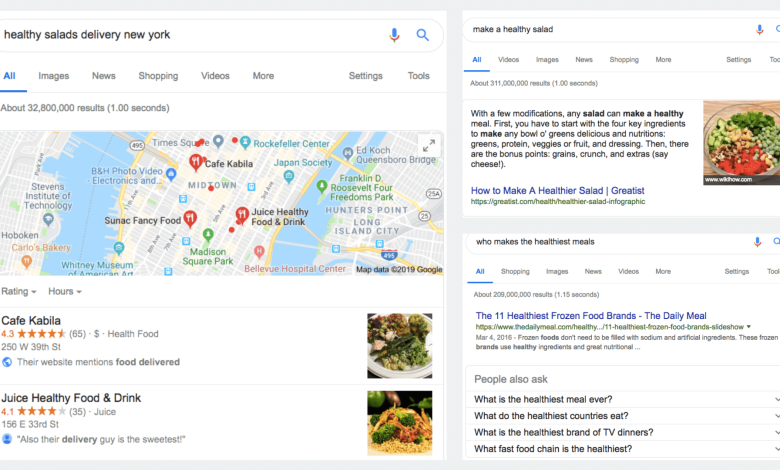
Creating an automation strategy should be a top priority in 2019. A recent industry survey revealed that 61 percent of marketers identified it as essential for optimizing marketing automation efforts. The survey also pointed out that delivering personalized content and integrating marketing systems are some of the most significant challenges marketers face. SEO and automation play a crucial role in overcoming these barriers.
In today’s data-driven world, automation is vital for informed decision-making, especially given the enormous volumes of data companies manage. However, many marketers find themselves grappling with complex technology stacks competing for resources and budgets as they attempt to automate tasks.
If you or your clients are spending more time trying to bypass technological hurdles than acting on insights, valuable opportunities might be missed. Creative marketers with technical and analytical skills, such as SEOs, are well-positioned to lead the creation and implementation of the necessary automation strategies for business success.
SEO, Automation, and the Customer Experience
Automation in the SEO and content process can enhance efficiency and reduce the burden of repetitive tasks. However, intelligent automation is needed today—not just for task completion, but also for data analysis and decision-making about task prioritization.
AI is transforming the analysis of datasets beyond human capacity through natural language processing and machine learning, facilitating optimizations driven by predictive analytics and pattern recognition.
Site audits, competitive analysis, monitoring rankings, and other SEO tasks become more manageable and efficient with automation. The next step is to leverage automation for strategic tasks.
AI is revolutionizing content marketing from ideation to promotion, identifying new revenue opportunities and making recommendations on content topics, CTAs, and more. Intelligent automation allows SEOs to schedule tasks, activate data promptly, and target specific content based on user interactions.
Automation, Data Analysis, Content, and Communication
Intelligent automation provides SEOs greater control and insight into how search optimizations affect customer experiences at every journey stage. Real-time customer interaction analysis can shape every aspect of the customer journey, from discovery to conversion.
How AI is Enhancing Search Performance
Google’s commitment to AI is leading to more interactive search results that align with searcher intent, offering results like organic cards, local packs, and quick answers. This shift minimizes the need for users to click through, thanks to Google’s RankBrain technology.
Research shows over 80% of queries return universal search results. Properly optimizing content for relevance enhances visibility and can drive conversions without users visiting your site. SEO is now about optimizing the entire search-based experience, requiring marketers to stay abreast of AI and automation advancements.
- Optimize for voice search. Use conversational tones and long-tail keywords, and apply schema markup.
- Enable on-site voice search. Offer voice functionality through apps or websites for convenience.
- Use descriptive text effectively. AI can assist in creating and categorizing content for enhanced accessibility and SEO.
- Leverage intelligent automation. Automation complements creative and strategic roles, enhancing efficiency.
- Regularly monitor new opportunities. Google frequently tests new SERP features, so stay updated and optimize content accordingly.
Embracing automation is crucial for scaling and succeeding in digital marketing. Start by automating repetitive tasks like keyword research, data visualization, and link building. Then, utilize AI for complex decision-making to enhance the consumer experience, positioning SEOs as future digital marketing leaders.



